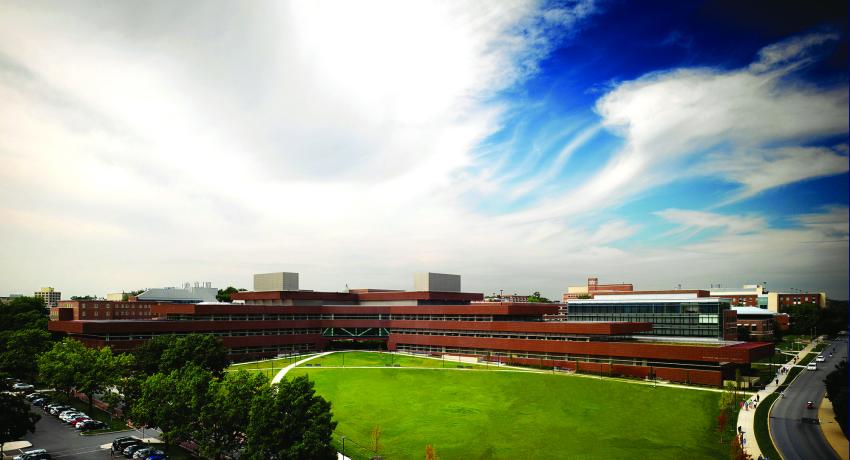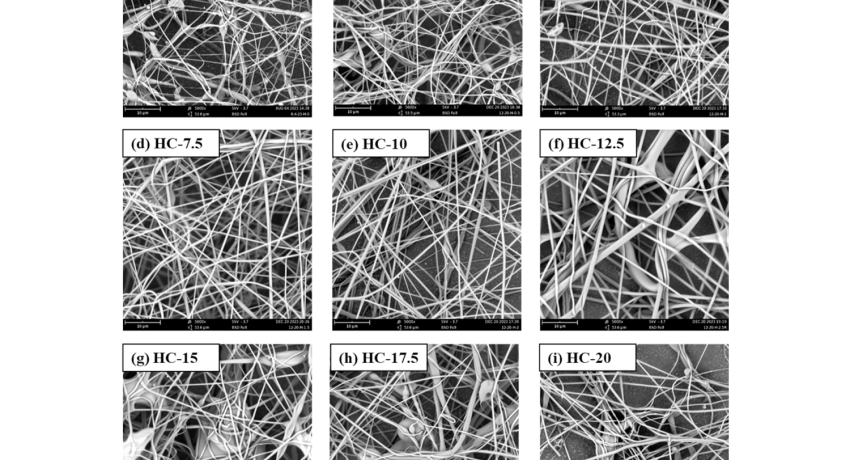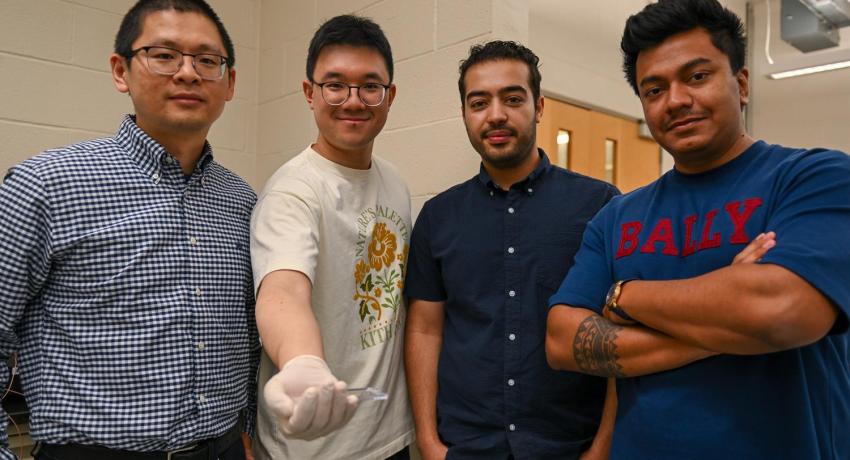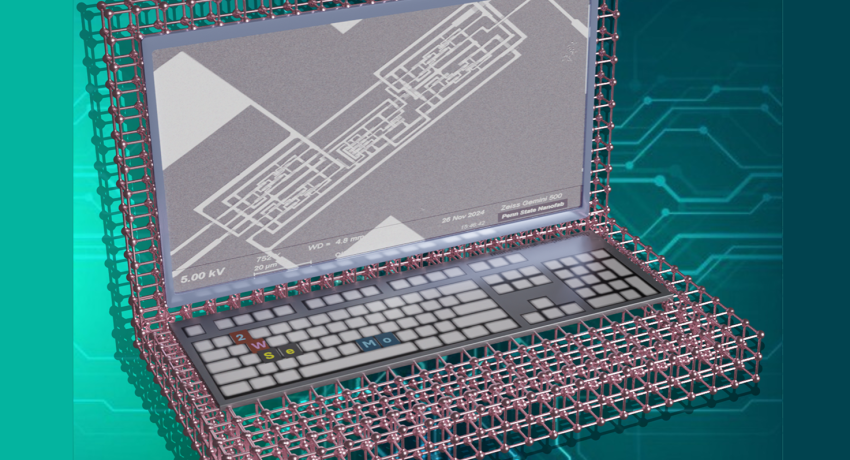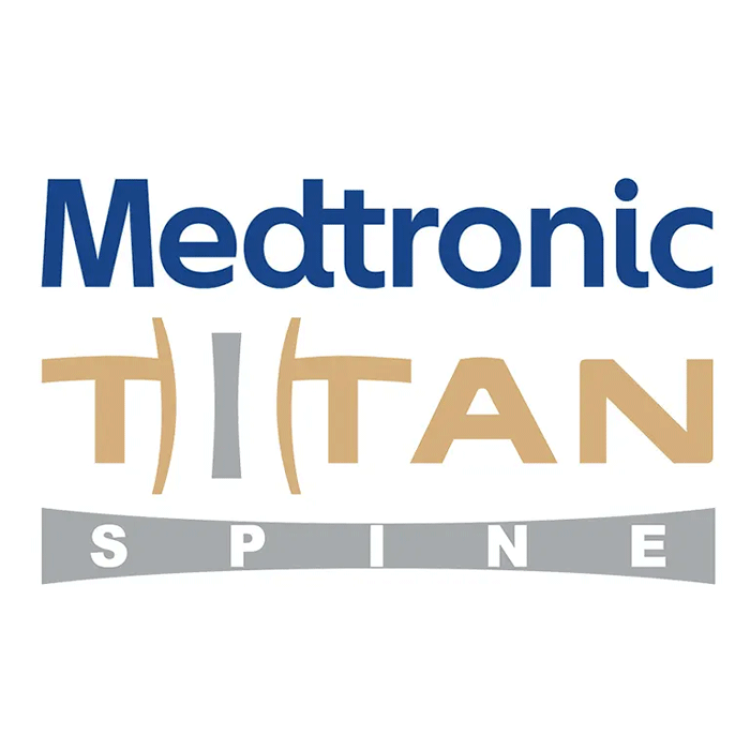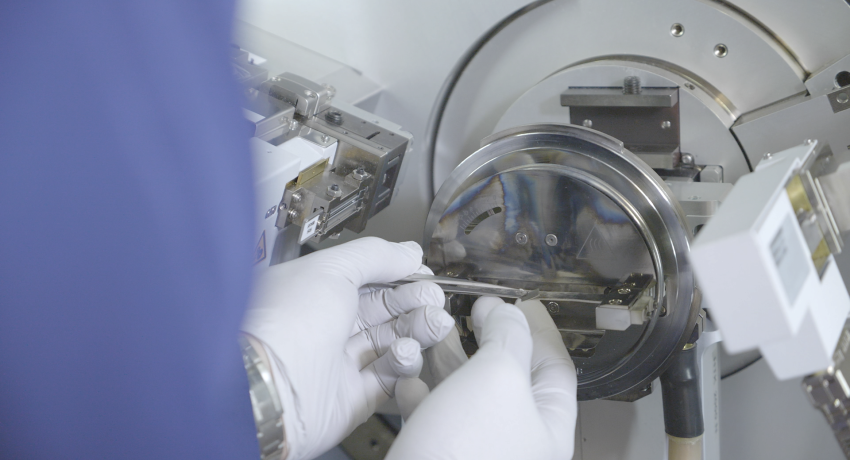Facilities (and the people using them) drive innovation at Penn State
By Jamie Oberdick
In the heart of Penn State’s University Park campus stands the Millennium Science Complex (MSC), a striking architectural feat that houses the Materials Research Institute (MRI). Beyond its impressive facade, the MSC is a hub of scientific discovery, education, and collaboration, embodying the University’s commitment to advancing materials science for the greater good.

